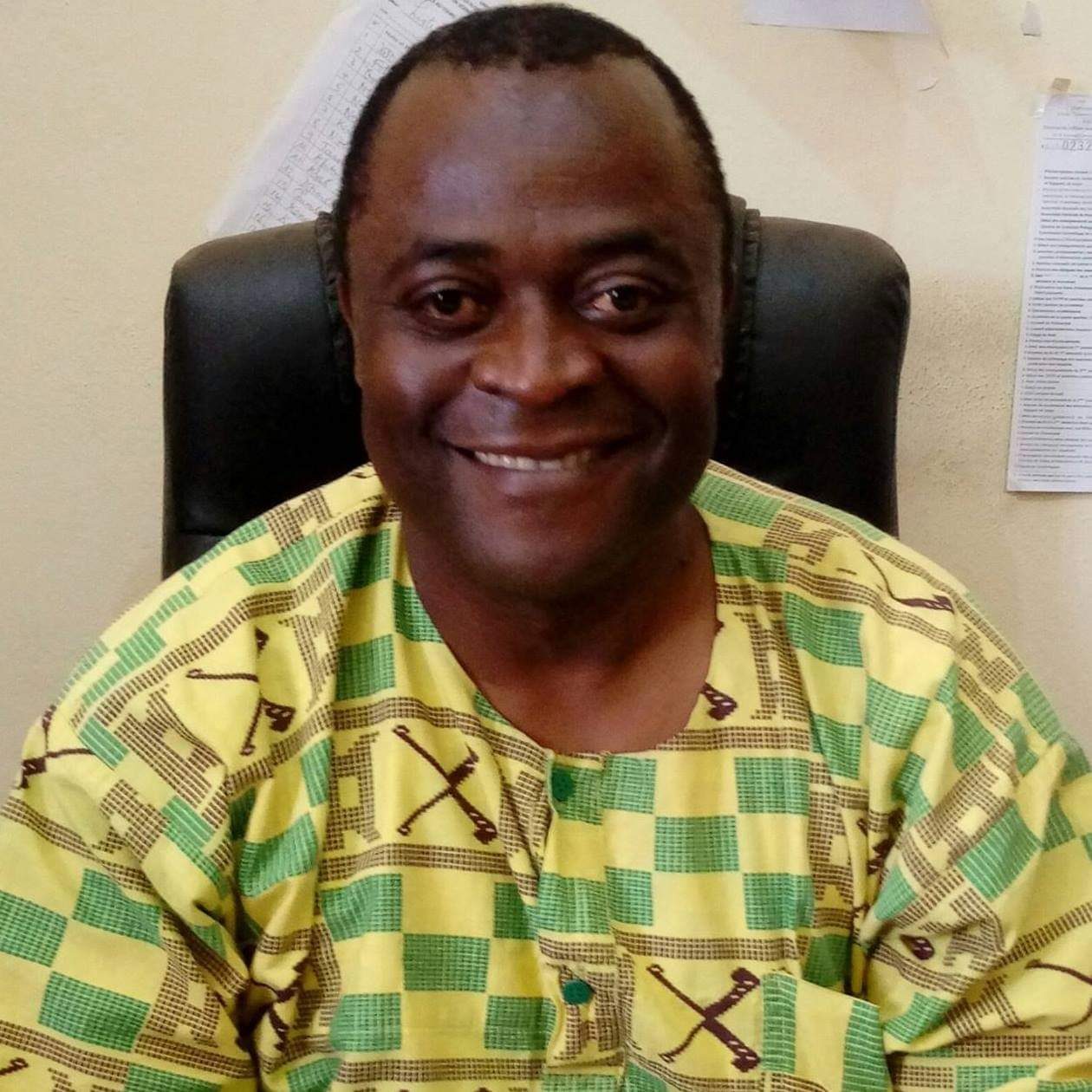History of a project on the (post) colonial memorial topography
Dschang, UDs / SIC-27/07/18. As part of the project entitled Memorial Topography (Post) Colonial between the University of Dschang and the University of Düsseldorf, a delegation of students and researchers from the University of Düsseldorf in Germany stayed for two weeks in the city from Dschang. It is in continuation and the coronation of their activities that held this Thursday, July 26, 2018 a session of opening at the museum of civilizations of Dschang. During this ceremony of restitution of the results of 3 years of research carried out jointly by German and Cameroonian researchers, Pr. Albert Gouaffo, Head of Department of Applied Foreign Languages and initiator of the said project, proceeded the ins and outs of this project which was meant to be transdisciplinary, transuniversity, transcultural and transnational. Here is a summary of what he said: Following a protectorate contract with German merchants in 1884, part of the history of Cameroon was written for 30 years in Germanic letters. A century later, it is total amnesia both on the German side, where the trend is to deny this past unglamorous, that on the Cameroonian side where the Franco-British colonization shades him despite the memory often nostalgic of this period rather poorly known. A transdisciplinary and cross-cultural approach to this shared history between Germany and Cameroon was therefore needed to fill the gaps observed in unipolar approaches. Reconstituting the great national history from small regional histories is the option chosen when in 2015 Professor Albert Gouaffo undertakes “to sketch a German-African colonial history of the regions, in collaboration with the professors [German] Stefanie Michels and Martin Doll, respectively historian and media specialist of the University of Düsseildorf “. Focusing on the (post) colonial memorial topography between the grassfields (Cameroon) and the Rhineland (Germany) which are similar regions by their fertility and their geography, it was among other things to put the German and Cameroonian students on a racetrack. successful research between these two regions; to sensitize the German and Cameroonian public on the site of German colonial memoirs of the grassfields and, finally, to commit a book on a process that allows to read the meta-stories on the two national spaces from micro-narratives often obscured by the first then that they are just as important in reconstructing history and managing living together. The project is now in its final phase with the exhibition of the results at the museum of the city of Dschang, which was also done in 2017 in the Museum of the City of Düsseldorf; preceded in 2016 by courses for the benefit of students from the University of Dschang and the University of Düsseldorf. In addition to interactive teaching facilities that have benefited both universities, the project has prepared students from these two institutions for professions such as museum mediator or museum of museum provenance. On the economic level, it allowed to index and refer by GPS historical sites that, valued by the public authorities, could feed tourism Cameroon. On the socio-political level, it “makes it possible to better read the history of grassfields as constructed by German colonial explorers and officials in order to review the administrative division that followed and the problems of living together that Cameroon knows today. ‘hui’. / RD


Leave a Reply